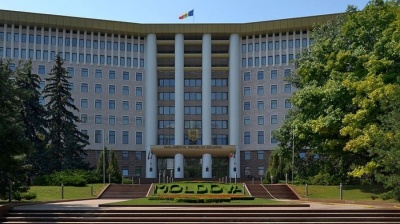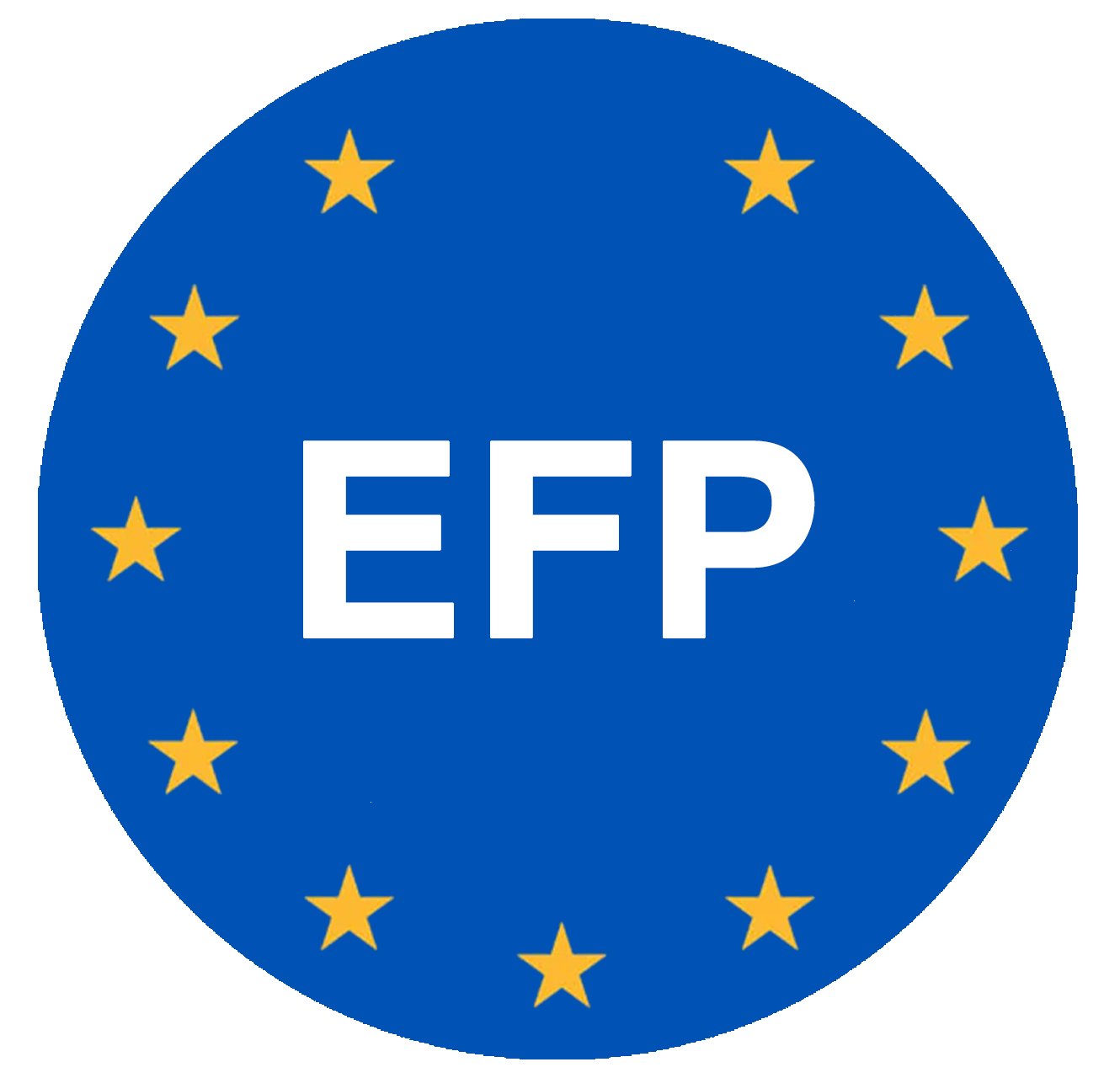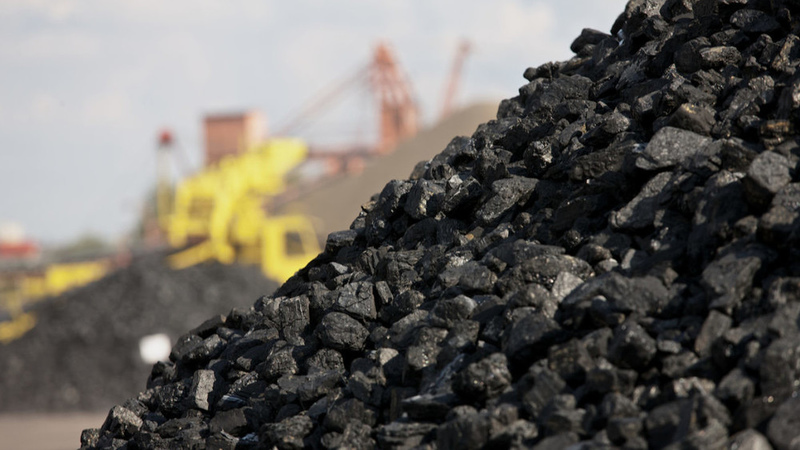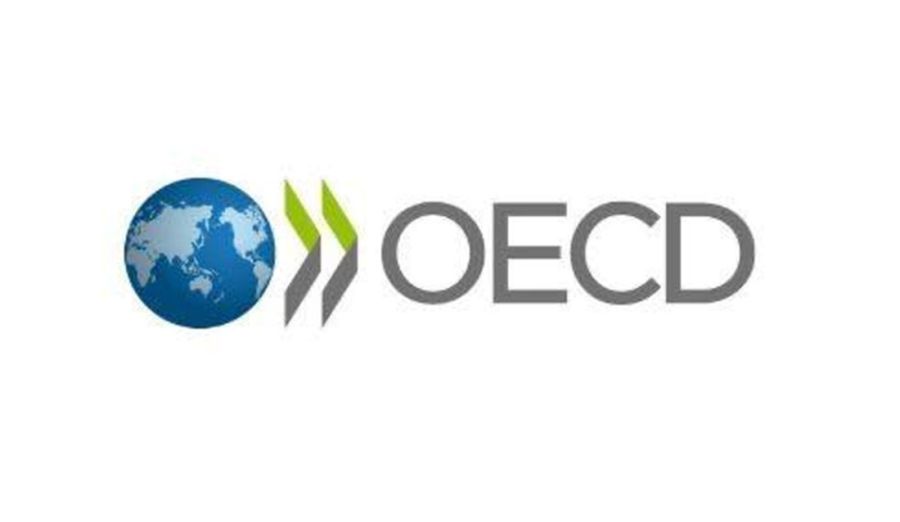European Union ambassadors agreed on June 15 to start accession negotiations with Ukraine and Moldova, the Belgian EU presidency said quoted by Reuters, adding this would take place at intergovernmental conferences on June 25.
The Commission said a week ago that both countries met all the criteria for accession negotiations formally to begin.

“It is a significant step on Moldova’s path to the European Union,” President Maia Sandu commented.
While the accession negotiations are complicated and will probably take longer than expected, the beginning of the process is an important political message of support for Moldova’s pro-EU President Sandu, who seeks to gain another term on October 20. As a counter-reaction, Russia is expected to step up the support provided to its allies in Moldova.
A public referendum on adding the pro-EU orientation of the country to the constitution will be held on the same day as the presidential elections.
Pressures from pro-Russian political forces are likely to increase in the coming months. Fugitive oligarch Ilan Shor, condemned in Moldova to 15 years of prison for financial crimes related to billion-dollar frauds, is organising the Pobeda (Victory) political bloc in Moscow with the support from members of his banned Shor Party and from the governor of autonomous region Gagauzia, Evghenia Gutul.
Former president Igor Dodon’s Socialist party is less radical, and targets the moderate pro-Russian electorate.
Notably, the separatist Transnistria region has kept a low profile since Russia invaded Ukraine in 2022, avoiding direct conflicts with Chisinau. This complicates the efforts of the radical pro-Russian faction controlled by Shor, who could use the financial system of the separatist region to bring in Moldova the money needed to finance his political vehicles.
The pro-EU parties in their turn have signed a political agreement with no binding provisions but the political effect of boosting Sandu’s odds in the October 20 presidential elections in exchange for participation in a potential pro-EU parliamentary majority after the general elections next year.
On March 3, 2022, Moldova submitted an application for membership in the EU.
On June 23, 2022, Moldova received candidate status for EU membership.
Less than a year and a half later, on November 8, 2023, the European Commission recommended that the European Council begin negotiations on the accession of Moldova and Ukraine to the EU.


